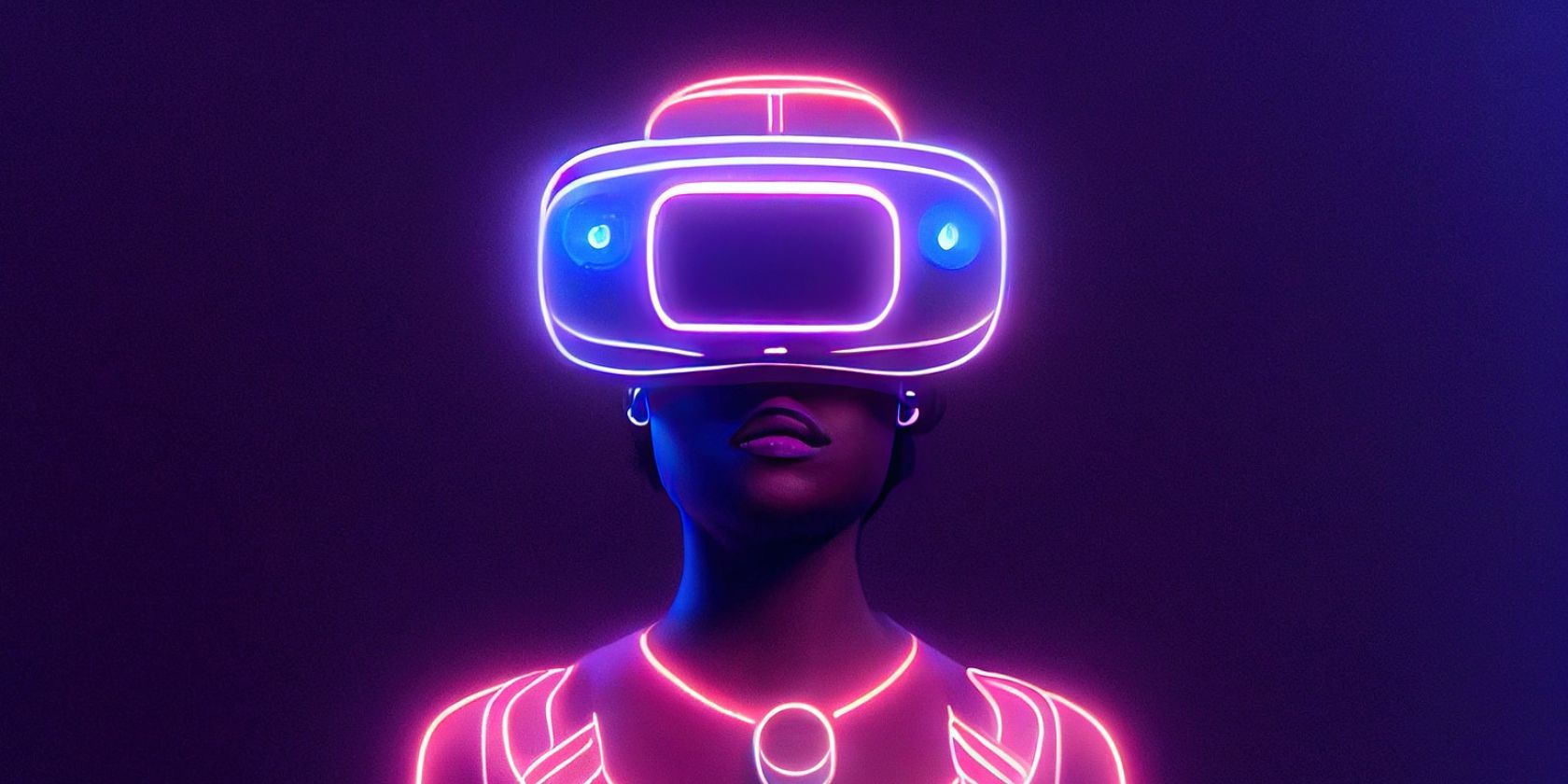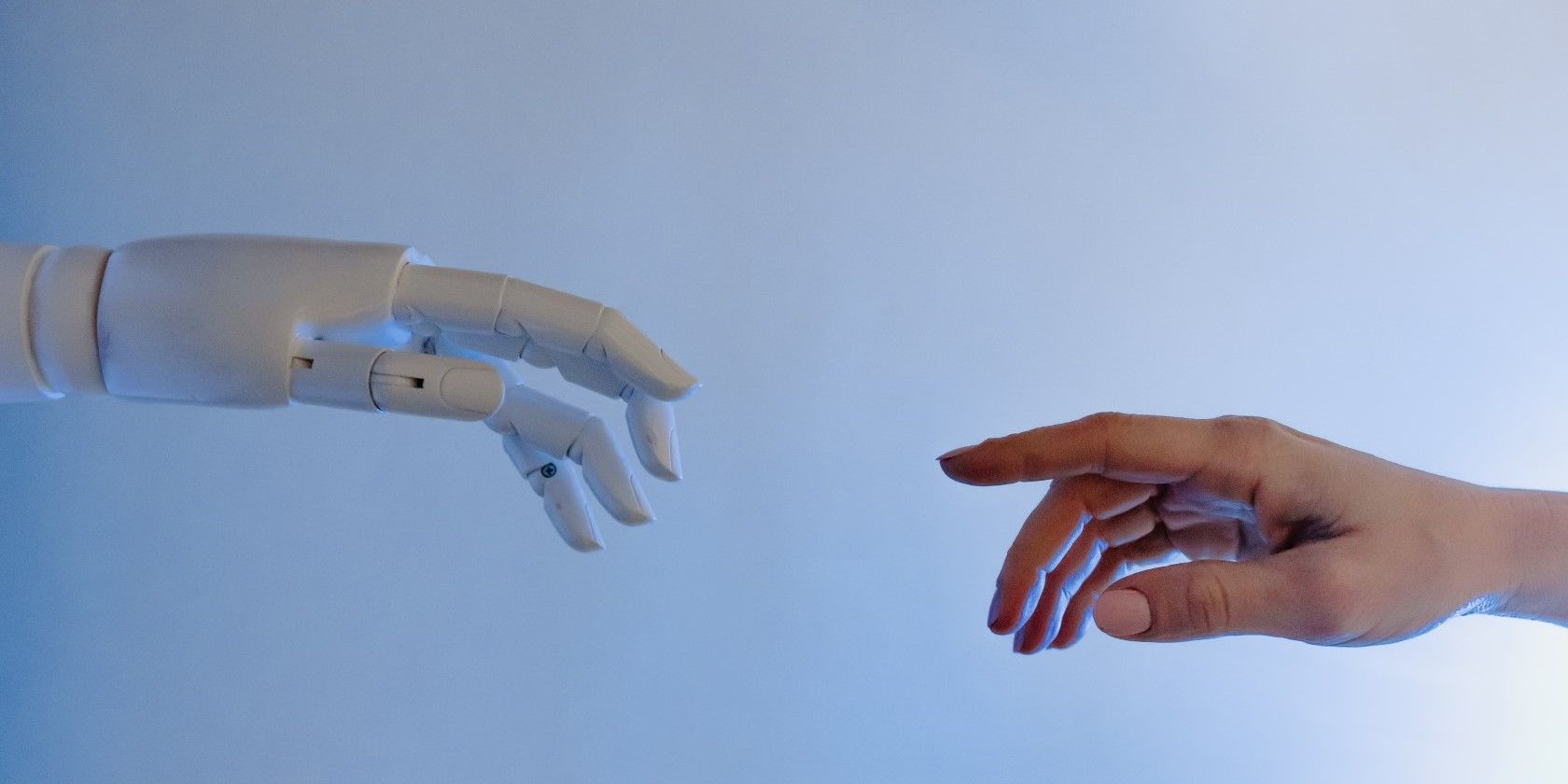
10 Realistic Predictions for the Next 30 Years That Will Change How We Live
Every generation dreams of what life will be like for the next one, and our predictions as humans have historically been horribly wrong, for better and worse.
While progress is being made at unprecedented levels, history has taught us that it’s wiser to remain humble yet imaginative. Knowing that, let’s discuss the 10 most realistic predictions for the next 30 years that can change our lives forever.
1. Nobody Will Drive Cars Anymore
Self-driving cars are not the future, they are already here and they work. And with time, they’ll get smarter, more affordable, and more accessible. Unlike human drivers, a self-driving car never fatigues, never drinks and drives, never feels sleepy, and has faster reaction times.
This will allow for much better traffic coordination and minimize traffic jams and accidents. Self-driving cars aren’t perfect, granted, but they don’t need to be. They just need to be better than most human drivers which is not that hard of a goal to achieve.
2. White-Collar Workers Will Become Digital Nomads
The COVID-19 pandemic showed us that remote work is not only possible but inevitable. By 2050, the world will be so connected that even having a home office won’t be necessary, let alone an office building. White-collar workers will be able to become true digital nomads and will have the ability to work anytime, anywhere. The 9-to-5 workday will die once and for all.
3. Blue-Collar Jobs Will Become More Lucrative Than Ever
Although AI can’t fully replace humans at work, it is making some white-collar jobs less relevant. But since blue-collar jobs like farmer, plumber, electrician, technician, and construction worker require manual labor, they will become far more lucrative than ever before in history—perhaps even more than some white-collar jobs.
Some pink-collar jobs can be also automated such as waiter, but other jobs like secretary, receptionist, therapist, or babysitter require human connection, interpersonal skills, and high emotional intelligence. Hence, they are likely to remain safe in the future.
4. Breakthrough in Battery Tech Will Kickstart the Next Era of Wearables
Pretty much all modern electronics, from smartphones to electric cars, run on lithium-ion batteries. And the tech has gotten us quite far since its discovery in the 1970s. But today, lithium-ion batteries are not able to keep up with the speed of tech anymore.
Fortunately, several alternative battery technologies are already in the works, so it’s fair to predict that we’ll see a major breakthrough within the next decade. Since battery life will no longer be a problem, it will supercharge the innovation, production, and adoption of wearable gadgets like smart glasses, watches, rings, shoes, and more.
We may also see novel gadgets like anti-anxiety headbands that reduce stress, speed-sleep earmuffs that help you fall asleep faster, or similar. These gadgets will be more focused on improving quality of life rather than enhancing productivity or entertainment.
5. VR Experiences Will Become Our Favorite Pastime
The metaverse may not happen as planned, but it’s very likely that virtual reality will become a big part of our lives in the next few decades. In the same way that we pay for amusement parks today, we will pay to rent VR “experiences” in the future.
These experiences may include floating in outer space or the deep sea, walking on Mars, roaming fictional worlds like Hogwarts and Narnia, and many more. To capitalize on this future, VR artists will become a very common job, and some enthusiasts and gamers will go so far as to buy haptic bodysuits to take their experience to the next level.
6. Traditional Smartphone Form Factor Will Go Extinct
Contrary to what some say, we don’t think smartphones will go extinct and be fully replaced by AR glasses. Instead, what’s perhaps more likely is that the traditional smartphone form factor (aka “phablet”) will go extinct but newer, flexible form factors will become mainstream like foldable or rollable phones with bigger screens.
Simple tasks that we do on our phones today like calling, messaging, and checking emails will indeed be done on wearables. But more immersive tasks like gaming, working, and video calling will probably be done on flexible smartphones which will be much thinner, lighter, and more pocketable due to the new battery tech.
7. AI Will Make Full-Length Movies
AI tools today have already started making short video clips using text prompts. And within a decade, it’ll become capable enough to produce full-length movies using screenplays as prompts. Of course, you’ll still need to do some manual editing, but the process will become so fast that creating a movie may only take a few weeks time at max.
We also envision actors commoditizing the use of their faces and voice, and licensing them to film studios to apply on top of stunt doubles via deepfake and voice cloning technology. That way, famous actors won’t really have to perform and can just capitalize on their identity itself.
Weirdly enough, this technology may also be used to make dead actors “come back to life” and continue starring in a movie or TV series virtually forever. But this capability will spark some serious moral and ethical concerns and fuel controversy. And lastly, people will also use AI to make modifications to the parts of a movie they don’t like. Yes, really.
8. Movie Theaters Will Go Extinct
Although there’s nothing quite like sitting in a physical movie theater alongside real people, we think cinemas will go extinct very quickly. Why? Because it’s simply more convenient to watch movies at home. And if you want that in-person cinema experience, VR artists will be more than happy to design a virtual movie theater for you and your friends.
9. GMOs and AI Will Help Supercharge the Food Industry
By 2050, the global human population is projected to reach nearly 10 billion, and this is a big problem because we already have hundreds of millions of people suffering from hunger.
An effective way we can feed billions of people in the next decades is through the use of Genetically Modified Organisms (GMO) crops and the deep integration of AI into the farming industry.
Humans have selectively bred plants and animals for thousands of years for better yield, and using GMO crops (simply put) is like fast-forwarding that process to get more food out of limited land. GMO crops will grow faster and bigger, and increase our food’s shelf life.
AI will also help make farming more efficient, reduce wastage, use less water, and strengthen global supply chains. It’s also likely that lab-grown cultured meat will replace (and be indistinguishable from) meat harvested from animals; this will help greatly reduce our emissions and slow down climate change.
10. We Will Witness the Inception of Artificial General Intelligence
The AI we have today is called ANI (artificial narrow intelligence), and although capable, it’s limited to performing very specific tasks and can’t match the intelligence of an adult human in multiple aspects. But since AI is growing exponentially, we may soon get to a point where “artificial general intelligence” or AGI is no longer just a prediction.
“Developing AI and AGI has been the great dream of the computing industry. For decades, the question was when computers would be better than humans at something other than making calculations,” Bill Gates writes. “Now, with the arrival of machine learning and large amounts of computing power, sophisticated AIs are a reality and they will get better very fast.”
With ANI, the biggest threat to society seems to be unemployment, but when we think about AGI, the dangers (and benefits) start creeping into the science-fiction territory. We could try preparing for it as much as we want, but it’s impossible to predict how AGI will change our society.
The World Will Never Be the Same
Human beings are linear thinkers, so it’s no surprise that the exponential growth of technology can be so difficult to comprehend. Concepts like self-driving cars, digital nomadism, wearable technology, and virtual reality were science fiction 20 years ago. But today, they are not only real but also being adopted by an increasing number of people.
Will man have set foot on Mars by 2050? Will there be the world’s first trillionaire? Who knows! What we do know for sure is that, despite the challenges, there’s a lot to look forward to and mankind will continue to accomplish feats previously thought impossible.




